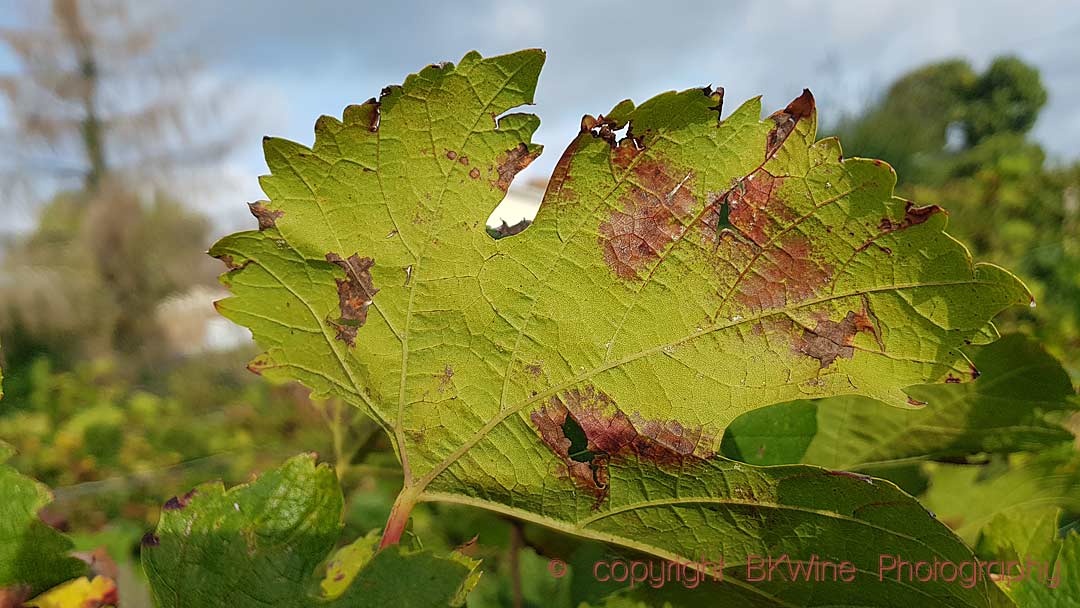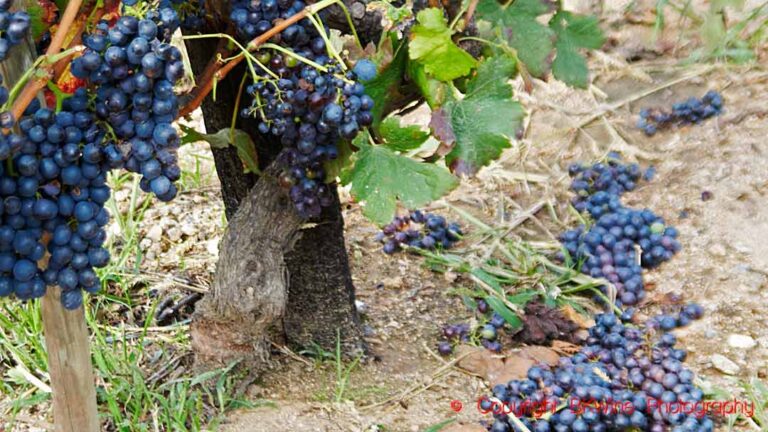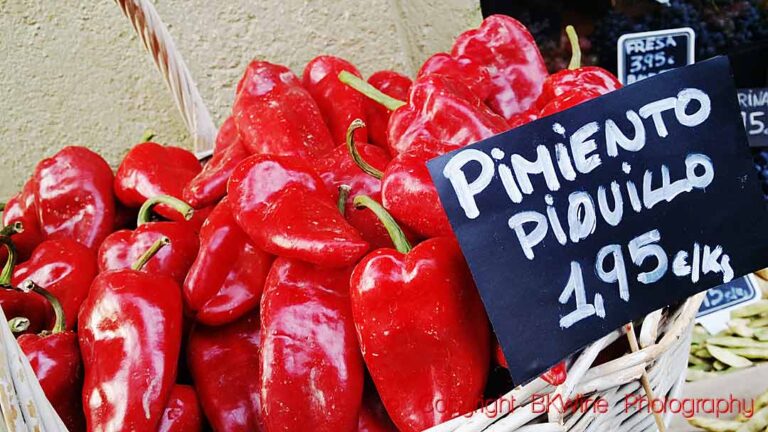Observations made in the departments of Gard and Vaucluse in southern France show a high level of symptoms of downy mildew, a severe fungal disease, on several supposedly fungus-resistant grape varieties, sometimes called piwi grapes.
Is this a setback for the environmentally friendly fungus-resistant grapes?
It doesn’t have to be. This year, many vineyards in France have experienced severe attacks of downy mildew, and virtually none of the fungus-resistant grapes available on the market are 100% resistant. Analysis is now being done to ensure that downy mildew has not found a way to bypass the resistance of these grapes, which would, of course, be more serious.
In the affected vineyards, the IFV, Institut Français de la Vigne et du Vin, recommends that the winegrowers protect the fungus-resistant vines by spraying in the same way as they protect their non-resistant grapes, as long as the risk of infection is this high (recommended even without these attacks).
Fungus-resistant grapes (piwi) are crosses between European and American vines. The American ones are resistant to downy mildew and oidium, two fungal diseases that came from the US to Europe in the 1800s and have since caused problems for winegrowers here.
The crossings, which are called “hybrids” because they are crossings between two different families, the European (Vitis vinifera) and the American vine (Vitis something-else) have enough European “blood” in them to give a pleasant flavour profile, but this means that they may lose a little bit of their resistance.
Read more vitisphere












